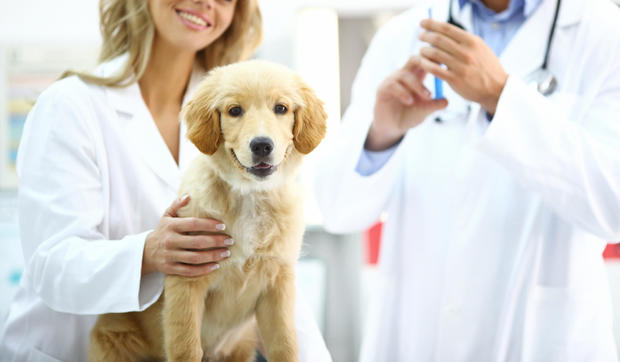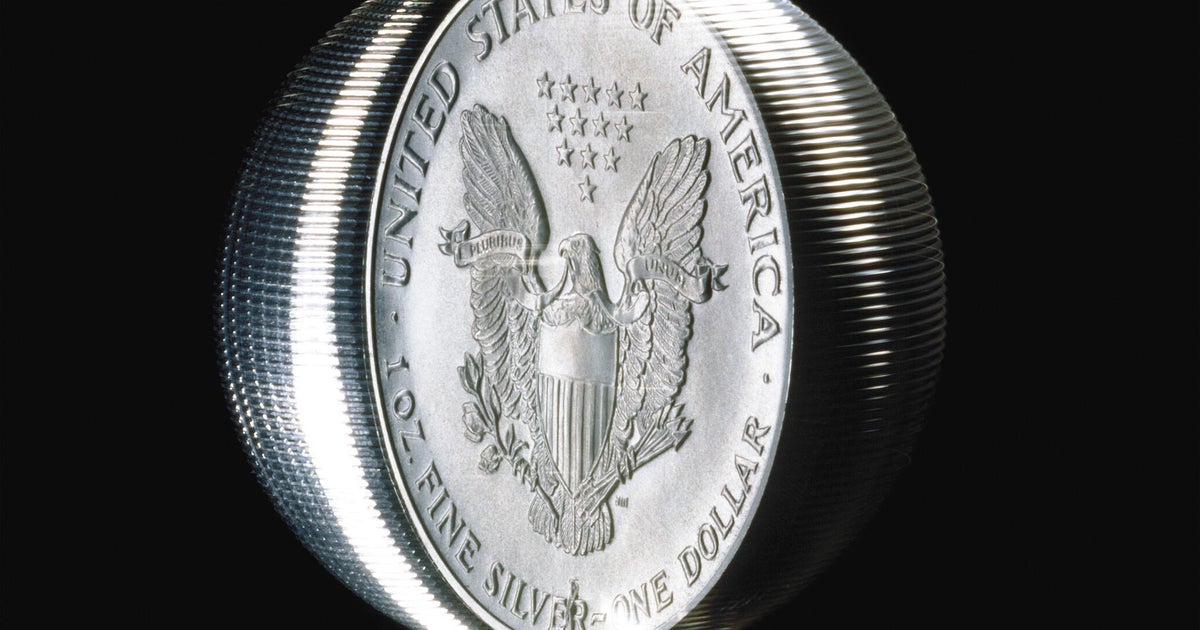How to make pet insurance work for you and your pet
There are a lot of insurance types and policies to navigate on the market. Some of these, like health and car insurance, are familiar to millions of Americans. Other voluntary types, like life insurance or travel insurance for your next trip, may not be as well known but can still be beneficial to have.
Pet insurance falls into that latter category.
Pet insurance can protect both dogs and cats and the owners who love them. In exchange for a monthly fee to an insurance provider (often discounted if paid annually) owners can rest assured knowing that their pet has guaranteed medical care should something go wrong. And the insurance will provide a financial safety net to help reduce any major expenses.
Because of its unique place in the insurance landscape, however, those with pet insurance or those considering purchasing a policy may not know all of the ways to get value from their plan. Fortunately, there are reliable strategies to employ to get the most out of your policy.
If you're in the market for pet insurance then start by getting a free price quote so you know exactly what to expect.
How to make pet insurance work for you
There are multiple ways pet insurance can be valuable. Here are three ways to make it work for you.
Purchase it as early as possible
Pet insurance, like most other insurance types, favors the young and healthy. Accordingly, if you wait to purchase a plan later in your pet's life you can expect to pay significantly more than you would have if you acted earlier. Older pets are inherently riskier to insure. That risk will be reflected in higher premiums passed on to the owner. And, if owners wait too long, they jeopardize coverage altogether.
Pet insurance providers won't cover pre-existing medical conditions. These conditions are likely to grow in frequency as your pet ages, thus reducing the potential protections a pet insurance policy can offer. But if you buy a plan when your pet is young and healthy, you're more likely to pay less for more robust coverage.
You can get a pet insurance quote in 30 seconds here now.
Wait until pre-existing conditions clear
Yes, pet insurance providers won't cover pre-existing conditions. But if you wait, and your pet's health improves, you can apply for coverage and likely get approved for what you need.
"A pre-existing condition is any injury or illness which occurs or shows symptoms before coverage starts or during a waiting period," Spot pet insurance explains. "A condition is considered pre-existing whether or not it's been officially diagnosed or treated; all that matters is when it occurred or symptoms first displayed."
But, Spot notes, pet owners can wait and secure coverage.
"However, with plans provided by Spot, this doesn't mean the condition can't be covered in the future if the condition is curable," they explain. "An injury or illness that is curable, cured, and free of treatment and symptoms for 180 days will no longer be regarded as pre-existing, with the exception of knee and ligament conditions. If a knee or ligament condition occurs before the coverage effective date or during a waiting period, any future ones won't be covered."
Ask your veterinarian for help
You may not consult with your physician when it comes to picking a health insurance policy but pet insurance is different. Your pet's veterinarian can actually help you choose the right coverage plan for your pet and breed. They're already familiar with your animal and its medical history. They're likely also familiar with the breed and any medical conditions they're predisposed to. Accordingly, they can help you tailor any insurance plan to cover only what you need now - or may need in the future. By consulting your vet you can make sure you don't end up paying out of pocket for any unnecessary coverage.
Start checking prices with pet insurer Lemonade here to see what a policy could cost.
The bottom line
Pet insurance is beneficial to have for a variety of reasons. But, like all financial products, there are smart ways to make it work for you.
If you're considering pet insurance now then you should seriously consider it buying early. However, if your pet has existing medical conditions, you should probably wait until those are clear. Finally, don't be afraid to consult your vet to help build a cost-effective and useful plan for your furry friend.




